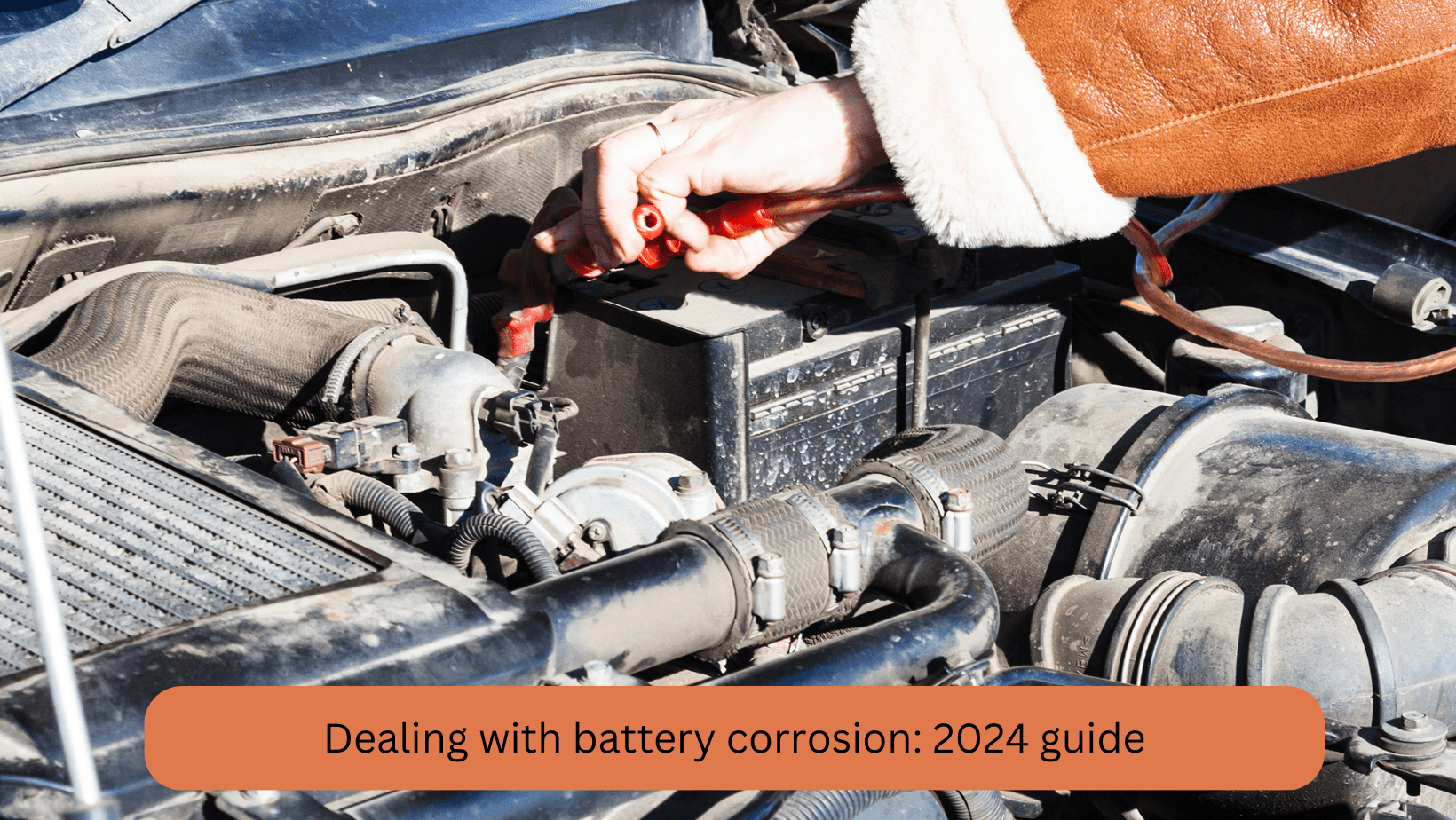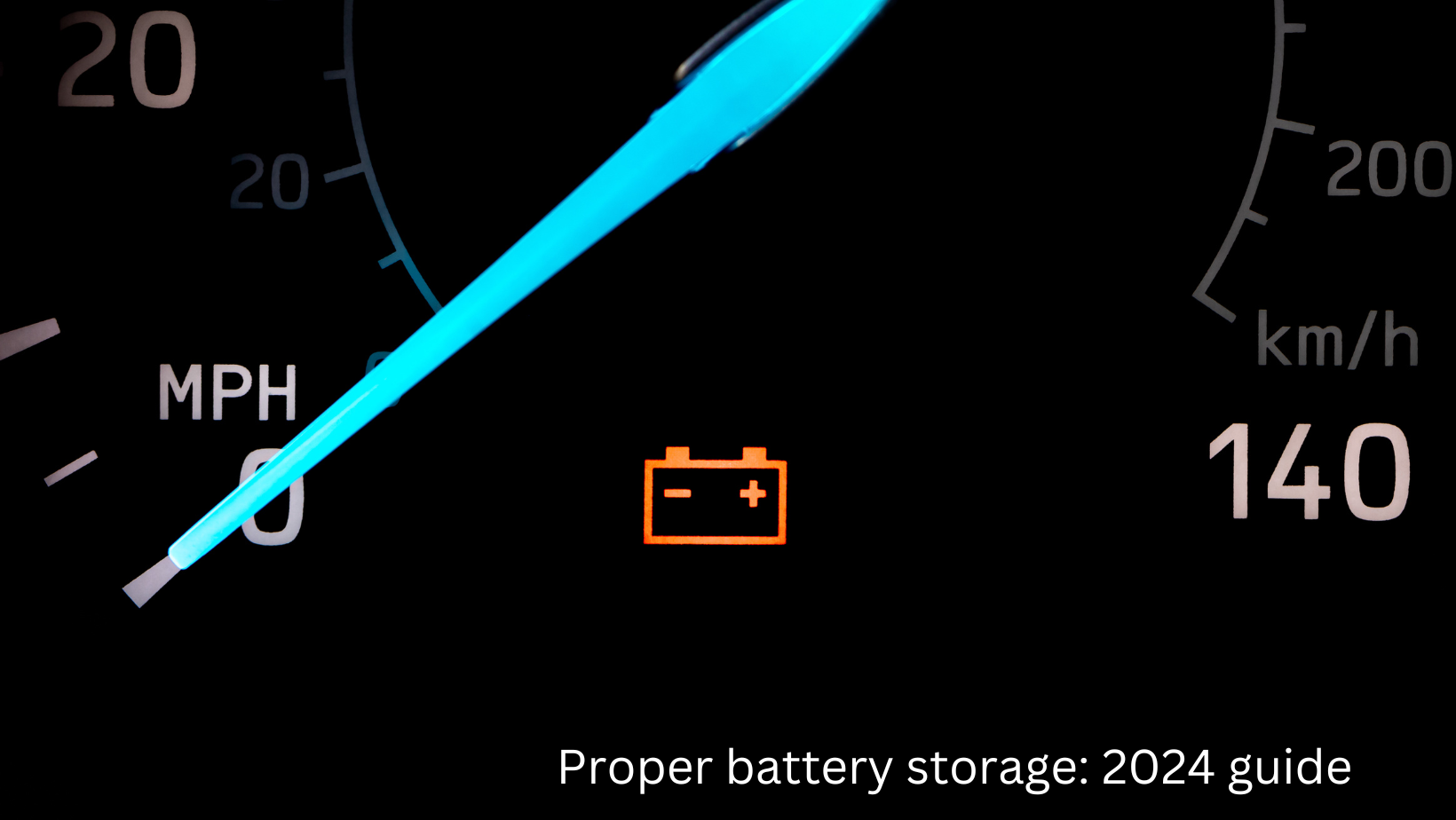Table of Contents
Understanding the Basics of Battery Care for Your Vehicle
A well-maintained car battery is the heart of a reliable vehicle. Without it, your car isn’t going anywhere. Understanding the basics of battery care ensures that your vehicle is ready to go whenever you need it. Let’s dive into what you need to know about keeping your car battery in top shape.
Why Battery Care Is Essential
Your car battery does more than just start your engine—it powers all of your vehicle’s electrical systems, from the lights to the radio. When your battery isn’t maintained, you risk breakdowns, reduced battery life, and even performance issues with your vehicle.
Keeping your battery in good condition is like having insurance against those frustrating mornings when your car just won’t start. By taking care of it, you ensure smoother drives and fewer surprises.
Recognizing Signs of Battery Issues
Sometimes, your car gives you hints that your battery might be struggling. Here are a few common symptoms to watch for:
Common Symptoms
- Slow engine crank: If your car struggles to start, your battery might be weak.
- Dashboard warning lights: Pay attention to the battery light or other indicators.
- Corroded terminals: A buildup of white or green residue around the terminals is a sign of trouble.
- Swollen battery case: Extreme temperatures can cause your battery to swell, indicating it’s time for a replacement.
What to Do
If you notice any of these issues, don’t ignore them. Start by inspecting your battery and addressing the problem before it worsens. Sometimes, a simple cleaning or tightening of the cables can make a big difference.
Routine Battery Maintenance Tips
Taking care of your battery doesn’t have to be complicated. A few simple steps can keep it in great condition.
Inspecting Your Battery
Make it a habit to check your battery for signs of damage, corrosion, or leaks. A quick visual inspection once a month can catch problems early.
Keeping Terminals Clean
Dirty or corroded terminals can prevent your battery from charging properly. Clean them using a mixture of baking soda and water, then apply petroleum jelly or a terminal protector to keep future corrosion at bay.
Ensuring Proper Connections
Loose cables can cause intermittent issues with your battery. Check that the connections are tight and secure. When reconnecting the terminals, always attach the positive cable first, then the negative.
Checking Voltage
Using a multimeter, you can test your battery’s voltage. A healthy battery should read about 12.6 volts or higher when the car is off.
Understanding Battery Lifespan and Replacement
How Long Do Batteries Last?
Most car batteries last about 3-5 years, but factors like driving habits and climate can shorten their lifespan.
When to Replace
If your battery struggles to hold a charge or fails a voltage test, it’s likely time for a replacement. Don’t wait until it completely dies—you don’t want to be stranded.
Choosing the Right Battery
When replacing your battery, ensure it matches your car’s requirements for size, capacity, and cold-cranking amps. Check your vehicle manual or consult a professional to find the perfect fit.
Factors That Affect Battery Health
Driving Habits
Short trips can be hard on your battery since they don’t give it enough time to fully recharge. Additionally, using accessories like lights or radios while the engine is off can drain the battery faster.
Climate
Hot weather can evaporate battery fluid, while cold weather makes it harder for the battery to deliver power. In extreme climates, your battery may need extra care to perform well.
Electronics
Modern cars come with all sorts of electronics, and aftermarket additions like sound systems can put extra strain on your battery. Be mindful of how much power your battery is supporting.
Tips for Cold Weather Basics of Battery Care
Cold weather can be especially tough on car batteries, so it’s important to take extra precautions in winter.
Preventive Measures
- Keep your battery fully charged, as a discharged battery is more likely to freeze.
- If you live in an extremely cold climate, consider using a battery blanket to insulate it.
Stay Prepared
Carry jumper cables or a portable jump starter in case of emergencies. Even with the best care, cold temperatures can sometimes take a toll.
Proper Battery Disposal and Replacement
When it’s time to replace your battery, disposing of the old one properly is essential.
Dispose Responsibly
Car batteries contain chemicals that can be harmful to the environment. Take your old battery to a recycling center or auto shop that accepts them.
Check Your Warranty
If your battery fails prematurely, your warranty may cover the replacement. Always check the terms of your warranty for added peace of mind.
Keeping Your Battery Charged and Healthy
Taking care of your car battery doesn’t have to be complicated. By following these tips and staying aware of potential issues, you can extend its lifespan, avoid unexpected breakdowns, and ensure your car is always ready to roll. With a little attention and routine maintenance, you can keep your battery healthy and your car running smoothly.
Additional Resources
Check out the best performance car gear available on the market.






